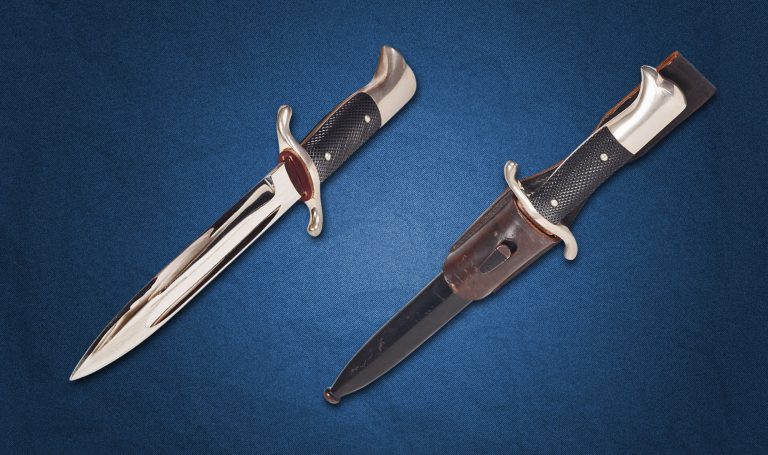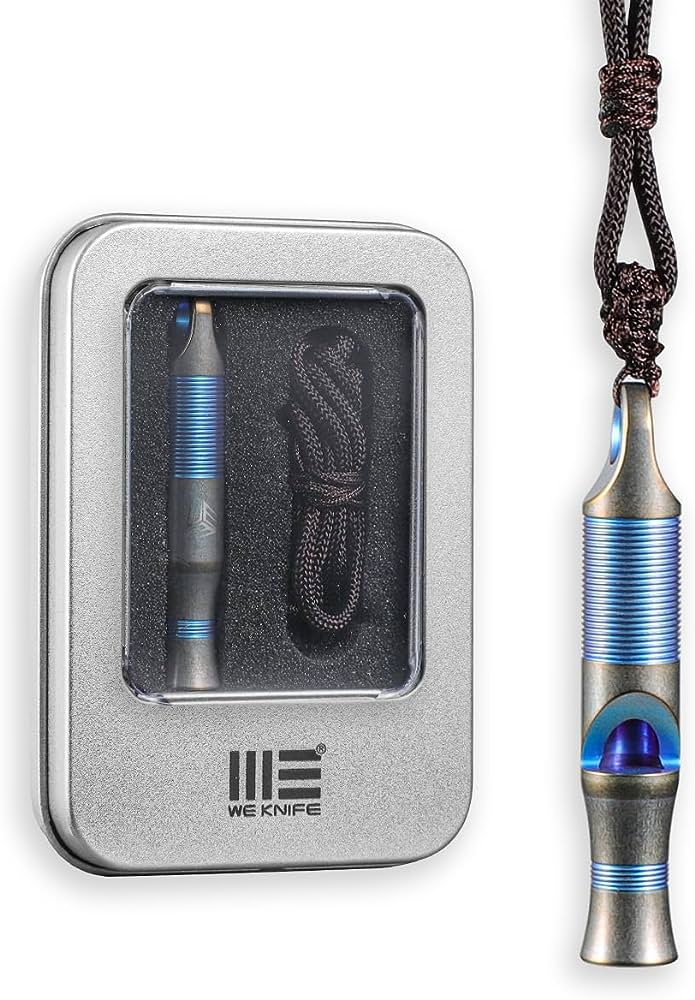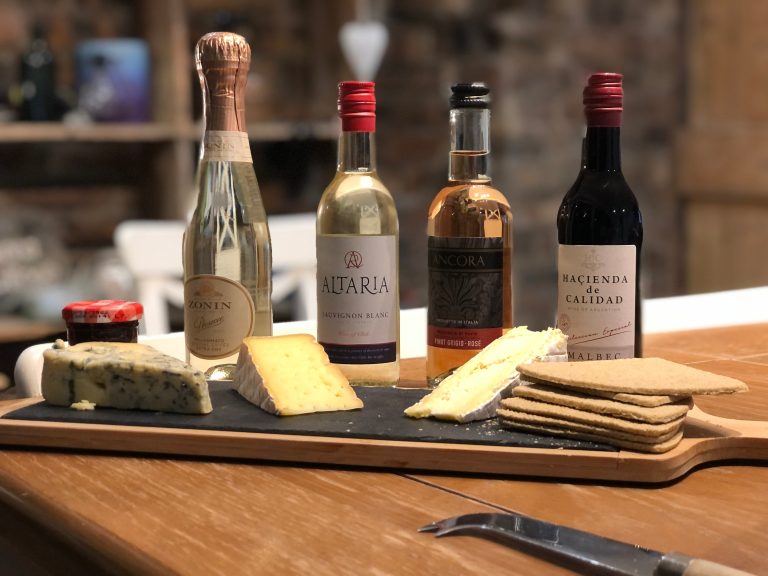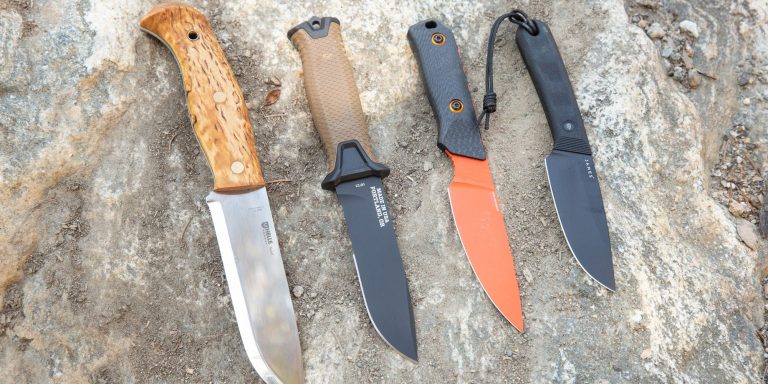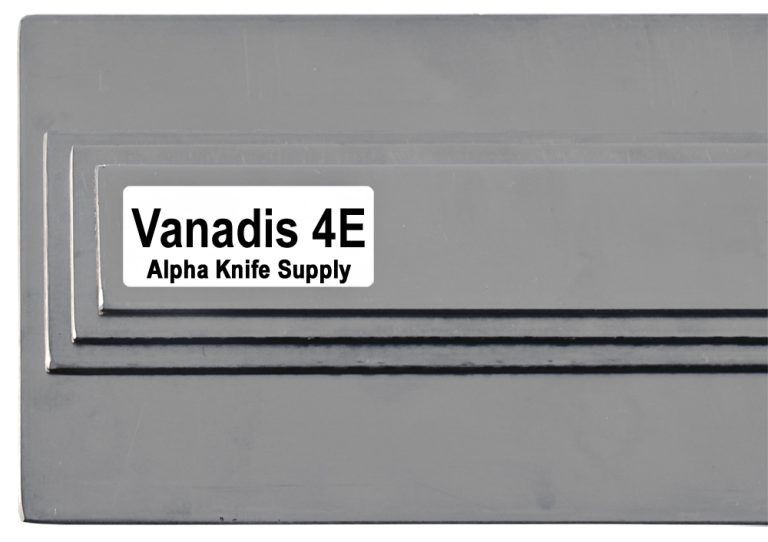Ceramic Vs Steel Knife : Unleashing the Cutting Power
Ceramic knives offer superior hardness and resistance to corrosion compared to steel knives. In addition, their lightweight and sharp blades allows for precise cutting and minimal effort.
On the other hand, steel knives are more durable and versatile, with the ability to handle a wide range of tasks. Their sharpness can be easily maintained through regular honing. When choosing between ceramic and steel knives, consider your specific needs and preferences for cutting performance, maintenance, and overall durability.
Whether you prioritize hardness or versatility, both types of knives have their own unique advantages that make them suitable for different kitchen tasks.
Understanding Ceramic Knives
Ceramic knives are becoming increasingly popular for their unique characteristics and benefits. These knives are made from high-quality ceramic materials, which give them exceptional sharpness and durability.
One of the main advantages of ceramic knives is their hardness.
**Ceramic knives are extremely hard and
**stay sharp for a longer time
** compared to steel knives. They are also resistant to rust, stains, and corrosion , making them ideal for kitchen use.
However, it’s worth noting that ceramic knives are more brittle than steel knives, which means they are prone to chipping or breaking if not handled with care. Avoid using them for heavy-duty tasks such as cutting through bones or frozen foods.
The cutting power of ceramic knives lies in their razor-sharp edges. The science behind this lies in the high density of ceramic and the ability to retain a sharp edge for a long time. Ceramic knives also don’t transfer metallic ions to the food, preserving its original taste.
When choosing a ceramic knife, it’s important to consider factors such as blade length, handle comfort, and overall balance. Some popular brands and models of ceramic knives include Kyocera, Boker, and Victorinox.
| Advantages of Ceramic Knives | Disadvantages of Ceramic Knives |
|---|---|
| Cut with razor-sharp precision | Brittle and prone to chipping or breaking |
| Non-reactive to acidic foods | Not suitable for heavy-duty tasks |
| Lightweight and easy to handle | Require special sharpening tools |
Examining Steel Knives
Steel knives are known for their durability, sharpness, and versatility. The characteristics of steel knives make them a popular choice among professional chefs and home cooks alike.
Advantages of steel knives:
- High durability and resistance to rust
- Retains sharpness for a longer period
- Versatile and suitable for various cutting tasks
Disadvantages of steel knives:
- Require regular sharpening maintenance
- Can be more expensive compared to ceramic knives
- Heavier in weight, which may affect handling for some individuals
The secret behind the cutting power of steel knives lies in their composition. Chromium is added to the steel to enhance hardness and corrosion resistance, while carbon content determines the blade‘s sharpness and edge retention.
When choosing a steel knife, it is important to consider factors such as blade length, handle design, and the steel’s hardness. Popular brands and models include Wusthof Classic, Shun Premier, and Victorinox Fibrox.
Unleashing The Cutting Power: Comparing Ceramic And Steel Knives
Ceramic and steel knives offer distinct performance differences for various cutting tasks. Ceramic knives excel in precision and accuracy, thanks to their ultra-sharp blades that maintain their edge for a long time. These knives are ideal for delicate slicing and cutting through soft or boneless foods. On the other hand, steel knives are known for their durability and versatility. They can withstand heavy-duty tasks and are suitable for chopping, dicing, and slicing meats and vegetables. Steel knives require regular maintenance, including honing and sharpening, to keep them in their optimal condition. When it comes to cutting techniques, ceramic knives require a lighter touch and proper handling to prevent chipping or breakage. Steel knives offer more versatility in terms of cutting techniques and applied force. Expert opinions and customer testimonials differ, with some favoring ceramic knives for their long-lasting sharpness and others preferring the durability and versatility of steel knives. Ultimately, the choice between ceramic and steel knives depends on personal preferences, specific cutting needs, and budget considerations.

Credit: www.amazon.com
Conclusion
Overall, both ceramic and steel knives have their own set of advantages and disadvantages. While ceramic knives offer unmatched sharpness and durability in terms of preserving taste and appearance of food, steel knives provide versatility and are more resistant to accidental damage.
Therefore, when choosing between the two, it ultimately comes down to personal preference and the specific tasks at hand. Ceramic knives are ideal for precision cutting, such as slicing fruits and vegetables, while steel knives are better suited for heavier tasks like carving meats and chopping bones.
Ultimately, the decision should be based on your own cooking style and needs. Whichever knife you choose, proper care and maintenance are essential to extend its longevity. Keeping the blade sharp, using cutting boards made of softer materials, and handwashing instead of using a dishwasher are essential habits to ensure your investment in a high-quality knife is well worth it in the long run.

